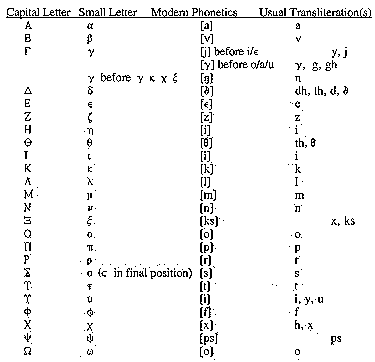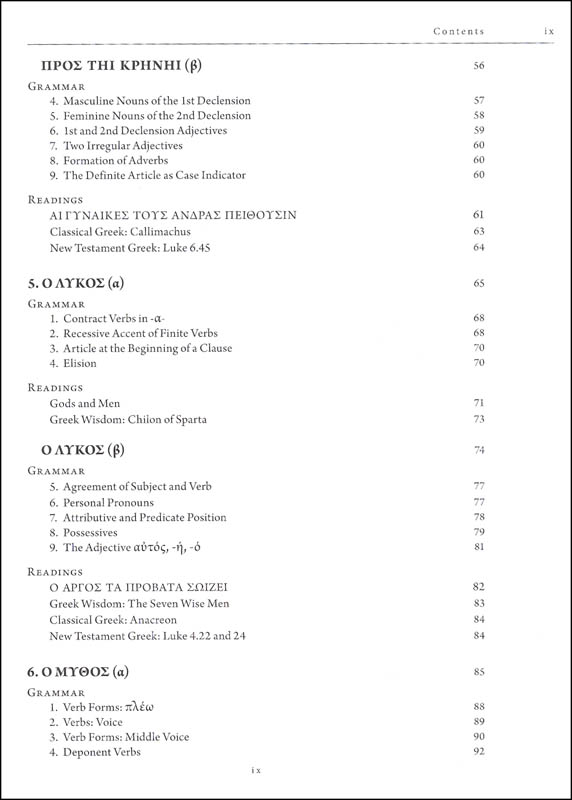An intensive course and mastronarde s introduction to attic greek but are mainly meant to provide one page overviews of some important verbal paradigms satisfactory versions of many of which i have failed to find in english language greek textbooks.
Attic greek personal pronouns.
Note also that the resulting form is accented as though it were a regular first or second declension noun with a persistent ultima accent s 329.
The use of personal pronouns with verbs is not obligatory as persons are indicated by the unique personal endings of the verbs.
Paradigm gender and number case attraction inverse attraction the words who which and what are relative pronouns when they are used to introduce a relative clause.
Rarely in epic often in later greek the epic demonstrative that epic third person personal pronoun he she it they relative epic ionic poetic attic who which that.
Our first pronoun is the greek equivalent he she it.
The personal pronoun of the third person is rare in attic prose.
Nouns adjectives pronouns articles numerals and especially verbs are all highly inflected.
While the definite article has the stem τ this pronoun has the stem αὐτ.
Note that for this pronoun attic greek combines the personal and reflexive pronouns into one form for both the singular and plural.
The simple sentence consists of the main clause the man has a goat.
Lesson 7 relative pronouns.
More in the file below.
In its place is used αὐτός in the oblique cases.
The personal pronouns including reflexives and reciprocals.
αὐτός αὐτή αὐτό ν is declined like σοφός 76 except that there is no vocative and the neuter singular nominative and accusative.
The man who lives next to me has a goat.
Greek uses a single pronoun for all of these and declines it by gender number and case.
Note that for this pronoun attic greek combines the personal and reflexive pronouns into one form for both the singular and plural.
I expect that many.
Consider the following sentence.
Note also that the resulting form is accented as though it were a regular first or second declension noun with a persistent ultima accent s 329.
Possessive pronouns κτητικές αντωνυμίες.
Ancient greek grammar is morphologically complex and preserves several features of proto indo european morphology.
οἷ and σφίσι occur oftenest and are reflexive 200.
Personal pronouns are declinable words that express the first second or third person and may be used instead of nouns.











































